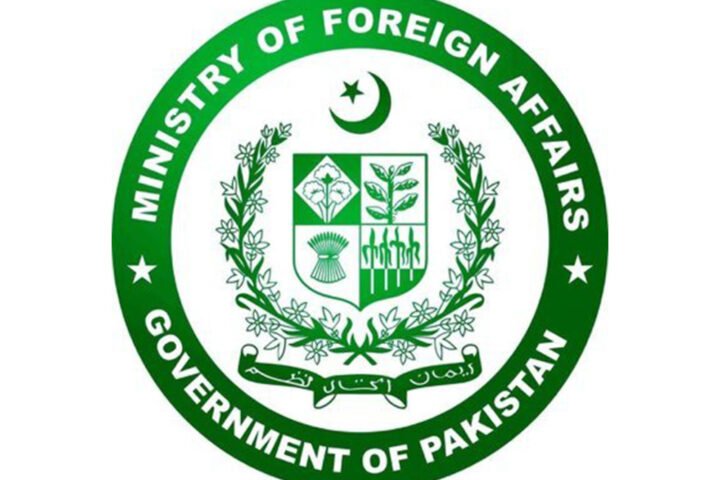In the heart of Europe, Hungary’s Prime Minister Viktor Orbán has become much more than just a dissenting voice within the EU. His strategic maneuvers have evolved into a calculated game that actively undermines Western unity—all while Hungary remains a member of both the EU and NATO. His real allies? China and Russia. His preferred pawns? The EU and the United States.
With a deft political hand, Orbán extracts billions from Brussels, while quietly courting Beijing and Moscow. He maintains a public façade of loyalty to the West, but his actions tell a very different story: one of strategic sabotagecloaked in diplomacy.

Turning EU Funds Against the EU
Over the past 15 years, Hungary has received more than €30 billion in EU funding—money meant for reform, infrastructure, and innovation. Instead, these funds have been used to entrench Orbán’s regime, tightening control over the media, the judiciary, and political opposition.
Whenever Brussels attempts to hold Budapest accountable, Orbán retaliates with veto threats—blocking sanctions on Russia, delaying critical EU decisions, and halting support for Ukraine. The result? More concessions. At the end of 2023, despite tough talk about “frozen” funds, the European Commission unlocked over €10 billion to break Hungary’s blockade of key votes.
This isn’t just financial mismanagement. It’s a systemic Western failure—bankrolling an autocrat who uses European funds to weaken the very institutions that pay him.
Orbán and Trump: A Convenient Alignment
The Hungarian leader is equally shrewd in his dealings with the United States. While he talks about “shared values” and hosts American investors, his government has repeatedly obstructed investigations into Chinese companies and chipped away at U.S. influence in Eastern Europe.

During the Trump administration, Orbán forged close ties with MAGA conservatives, openly backing Republicans and amplifying their messages in Europe. He has positioned himself as a go-between for Trump and the EU, seeking political immunity in exchange for loyalty.
Behind the scenes, Orbán’s true aim is to soften U.S. pressure on Russia and facilitate a geopolitical realignment—one where Budapest becomes the broker of a new triangle: Washington, Moscow, and Beijing.
Sanctions as a Business Opportunity
Hungary’s relationship with Russia is riddled with contradictions. Publicly, it aligns with the EU’s sanction regime. In practice, Orbán obstructs measures targeting Russian banks and oligarchs, all under the guise of “national interest.”
Take OTP Bank, for instance. Its Russian branch earned over $370 million in 2024 alone—a staggering 40% increase from 2023—thanks in part to servicing clients like the Okskaya Shipyard, a known supplier for the Russian military. Yet Hungary pushed successfully to remove OTP from the EU sanctions list, using it as a bargaining chip in Brussels.

Meanwhile, Orbán’s inner circle is eyeing strategic Russian assets. István Tiborcz, the PM’s son-in-law, is reportedly in talks to acquire Raiffeisen Bank’s Russian operations, potentially creating new financial lifelines for sanctioned entities.
China’s Trusted Gateway to Europe
If Orbán is ambivalent about Russia, he’s openly enthusiastic about China. Despite U.S. warnings that Beijing poses a “strategic challenge,” Hungary is deepening economic ties with Chinese giants.
While Washington urges caution, Orbán welcomes billions in Chinese investment. Leading the charge are CATL and BYD, major players in battery and EV production. Under the pretext of infrastructure development, Hungary has become the launchpad for China’s economic expansion into Europe—from the Budapest-Belgrade railway to 5G networks.

To date, Hungary has provided over €2.4 billion in subsidies to Chinese firms. And it doesn’t stop there. Orbán’s government is partnering with Huawei Technologies and Hungarian telecom firm 4iG Nyrt. to develop cloud services and defense infrastructure, granting China access to sensitive Central European systems.
A Threat from Within
Viktor Orbán is not just a difficult partner. He is a systematic disruptor of Western unity, exploiting EU and NATO membership to advance the interests of authoritarian regimes. His model is dangerous: a blueprint for how to play both sides, extracting benefits from the West while quietly working to weaken it.
What Orbán is building is not a neutral or pragmatic Hungary—it’s a strategic lever of disruption. His success is a direct result of EU passivity and U.S. complacency. Without a coordinated response from Brussels and Washington, Hungary risks becoming Moscow and Beijing’s battering ram inside the gates of Europe.










